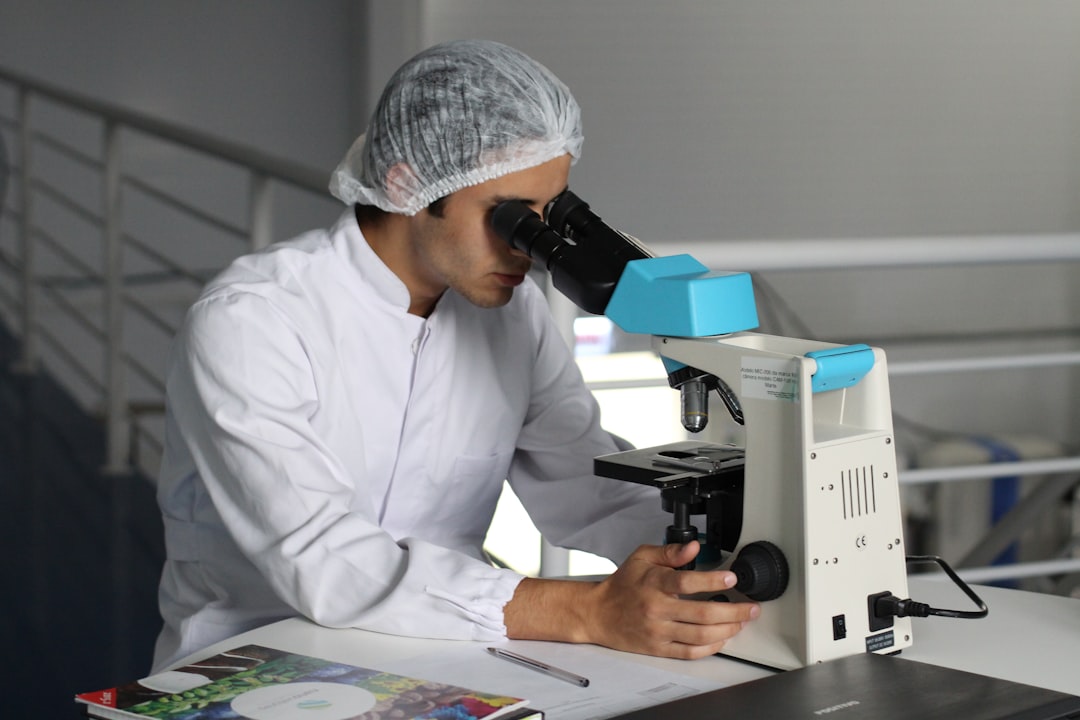What is it about?
This proof of concept clinical study evaluated the effects on schistosomiasis of antimalarial drugs given to treat malaria in adults and children. Urogenital schistosomiasis is prevalent in many malaria endemic regions of sub-Saharan Africa and can lead to long-term health consequences if untreated. Antimalarial drugs used to treat uncomplicated malaria have shown to exert some activity against Schistosoma haematobium. Here, we explore the efficacy on concomitant urogenital schistosomiasis of first-line recommended artemisinin-based combination therapies (ACTs) and investigational second-generation ACTs when administered for the treatment of uncomplicated malaria in Gabon. Antimalarial treatments with artesunate-pyronaridine and artemether-lumefantrine reduced the excretion of S. haematobium eggs, comforting the hypothesis that antimalarial drugs could play a role in the control of schistosomiasis.
Featured Image

Photo by Taylor Flowe on Unsplash
Why is it important?
The question is relevant as malaria and schistosomiasis co-infect patients in endemic areas. There is no systematic screening of schistosomiasis and some patients may hide it because of stigmatisation. On the other hand, malaria treatment is very frequently given in these areas sometimes even without any biological confirmation.
Perspectives
These findings if confirmed in larger and well-designed prospective studies highlight the potential double benefit of controlling and managing both parasitic infections simultaneously.
Ghyslain MOMBO-NGOMA
Bernhard Nocht Institute for Tropical Medicine (BNITM)
Read the Original
This page is a summary of: Effectiveness of antimalarial drug combinations in treating concomitant urogenital schistosomiasis in malaria patients in Lambaréné, Gabon: A non-randomised event-monitoring study, PLoS Neglected Tropical Diseases, October 2022, PLOS,
DOI: 10.1371/journal.pntd.0010899.
You can read the full text:
Contributors
The following have contributed to this page










